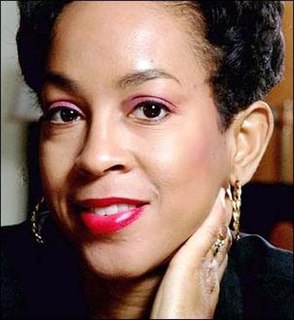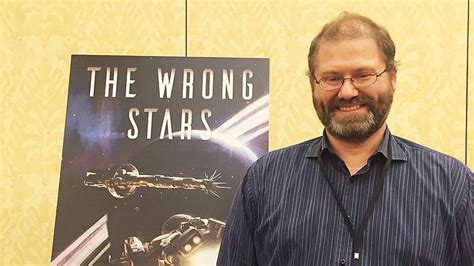A Quote by Lorin Stein
It used to be that you would go into a writing program and what you would learn was how to write a short story. You would pick up the magazines and you would be taught from the magazines how to write a short story. Nowadays student writers are learning to write novels because that market is gone, so the ones who are drawn to the form are doing it really for reasons of their own and that's really exciting.
Related Quotes
I think I succeeded as a writer because I did not come out of an English department. I used to write in the chemistry department. And I wrote some good stuff. If I had been in the English department, the prof would have looked at my short stories, congratulated me on my talent, and then showed me how Joyce or Hemingway handled the same elements of the short story. The prof would have placed me in competition with the greatest writers of all time, and that would have ended my writing career.
A short story I have written long ago would barge into my house in the middle of the night, shake me awake and shout, 'Hey,this is no time for sleeping! You can't forget me, there's still more to write!' Impelled by that voice, I would find myself writing a novel. In this sense, too, my short stories and novels connect inside me in a very natural, organic way.
I found that many gifted people are so afraid of writing a poor story that they cannot summon the nerve to write a single sentence for months. The thing to say to such people is: "See how *bad* a story you can write. See how dull you can be. Go ahead. That would be fun and interesting. I will give you ten dollars if you can write something thoroughly dull from beginning to end!" And of course, no one can.
I'm one of those writers who started off writing novels and came to writing short stories later, partly because I didn't have the right ideas, partly because I think that short stories are more difficult. I think learning to write short stories also made me attracted toward a paring down of the novel form.
I really look up to writers who are able to write compressed, single-scene stories, where everything happens in a kitchen. But I just can't think that way. For me it would be impossible to write a story where I didn't know what someone's parents did and what their grandparents did and who they used to date.
I regret that there aren't more short stories in other magazines. But in a certain way, I think the disappearance of the short-story template from everyone's head can be freeing. Partly because there's no mass market for stories, the form is up for grabs. It can be many, many things. So the anthology is very much intended for students, but I think we're all in the position of writing students now. Very few people are going around with a day-to-day engagement with the short story.


































